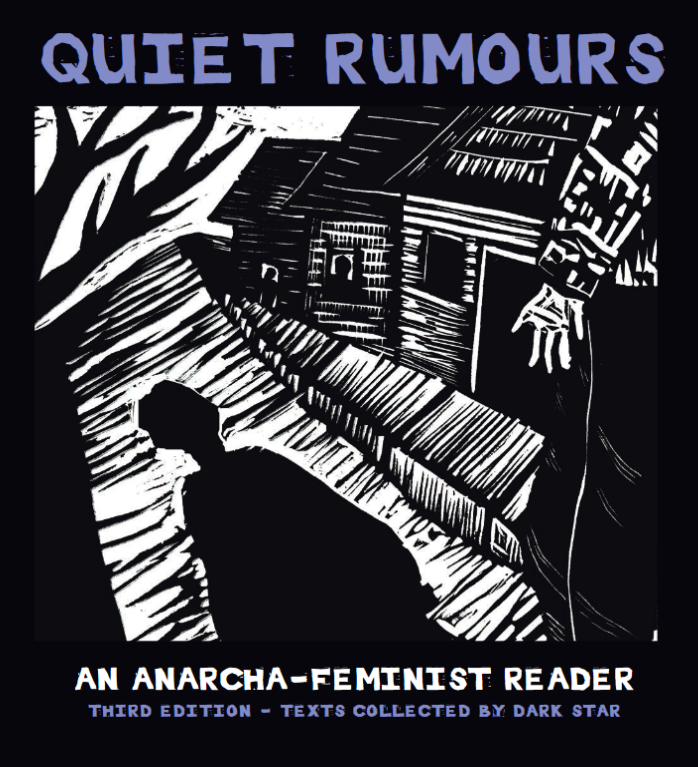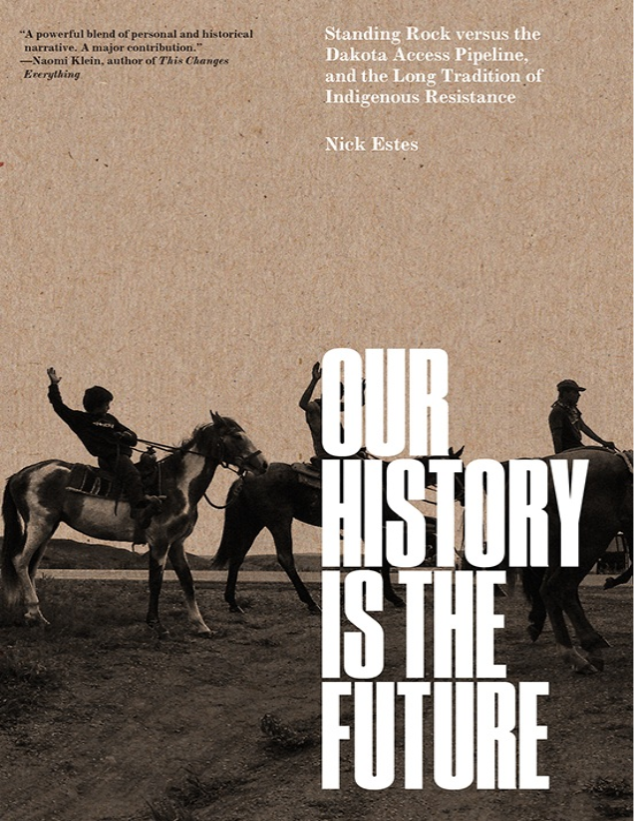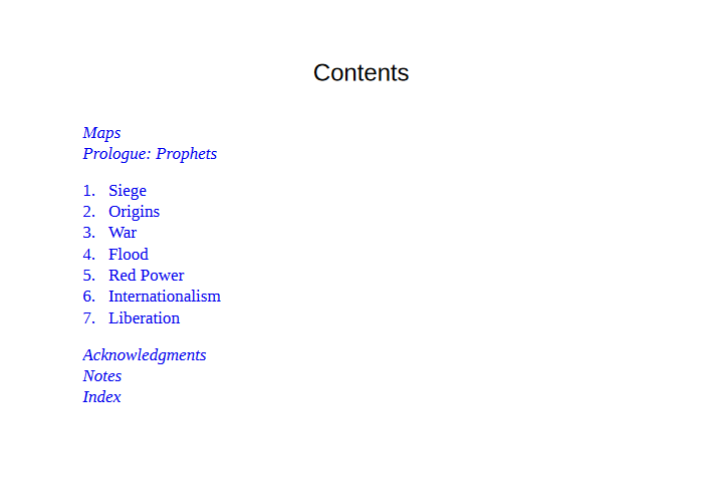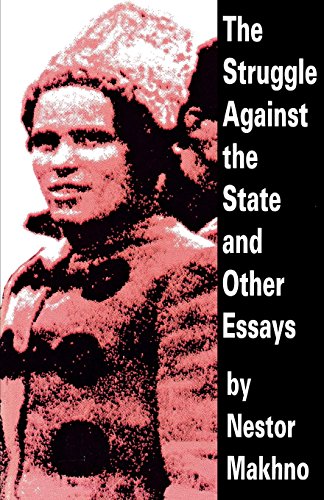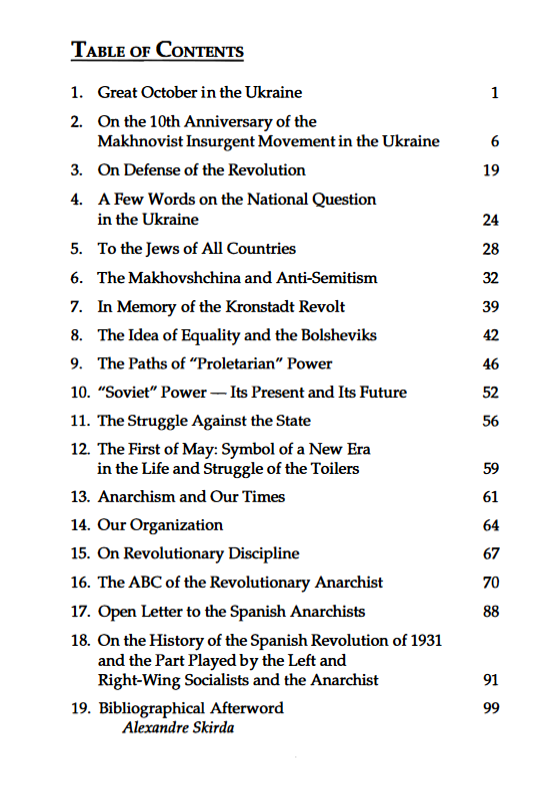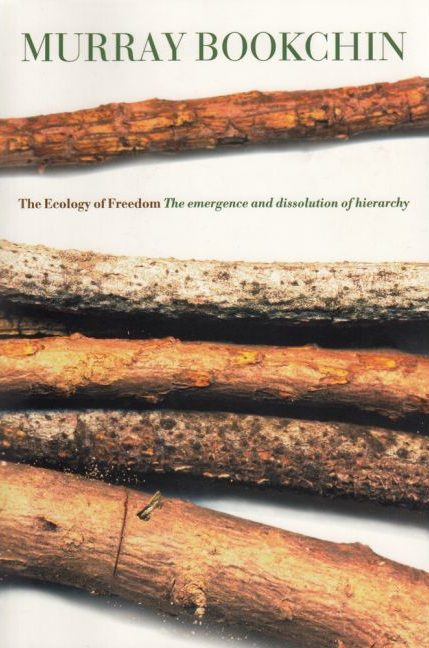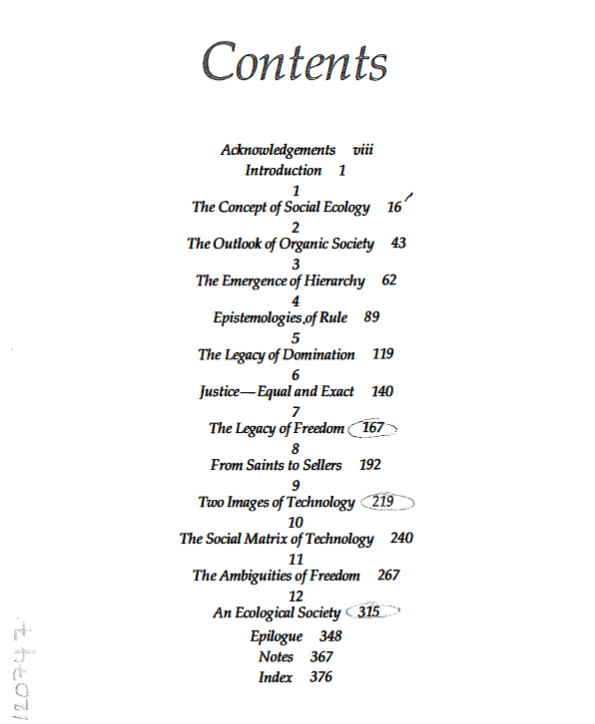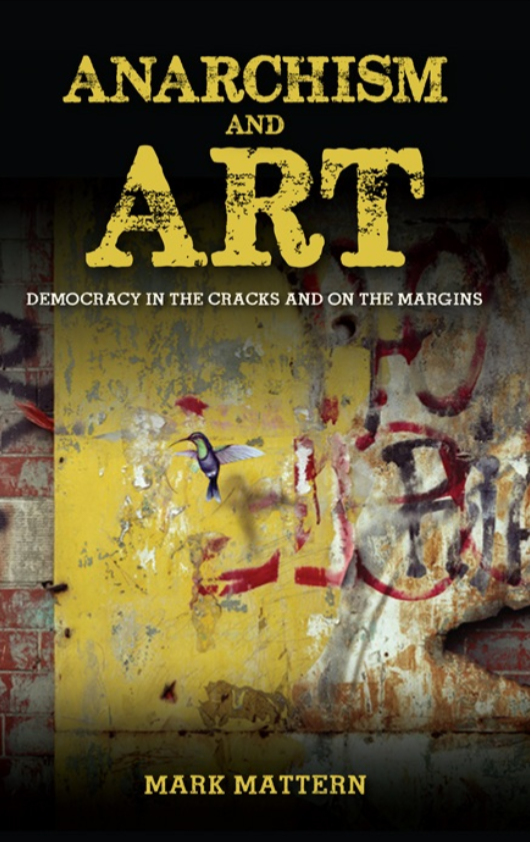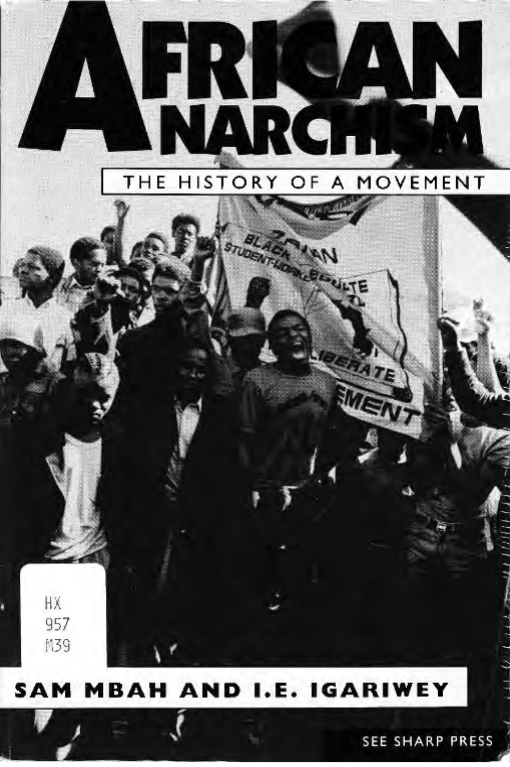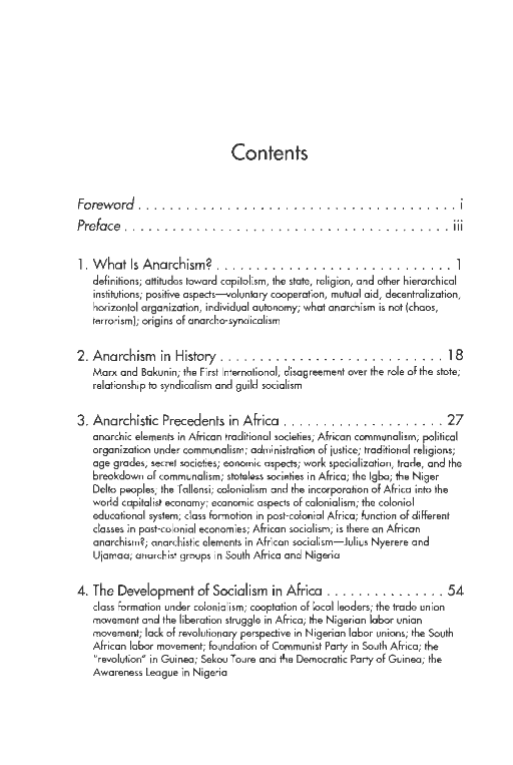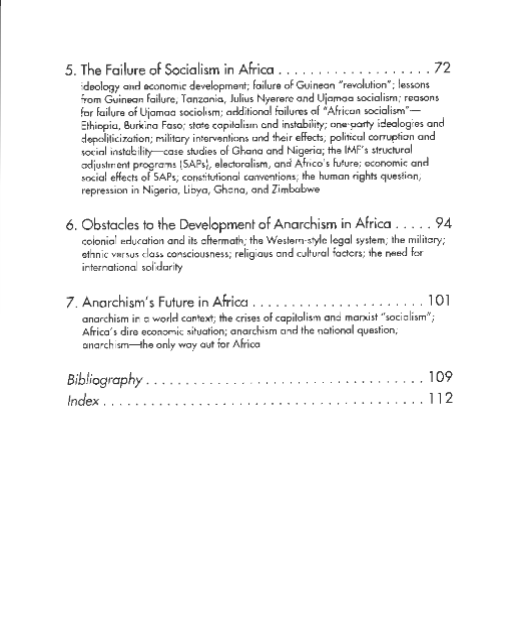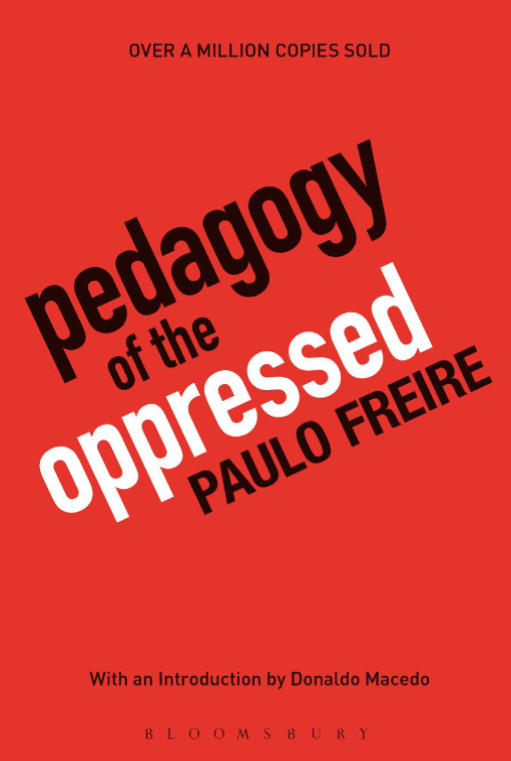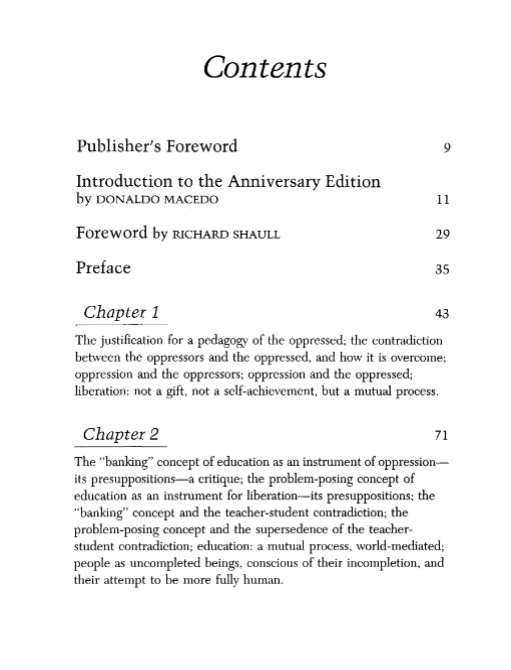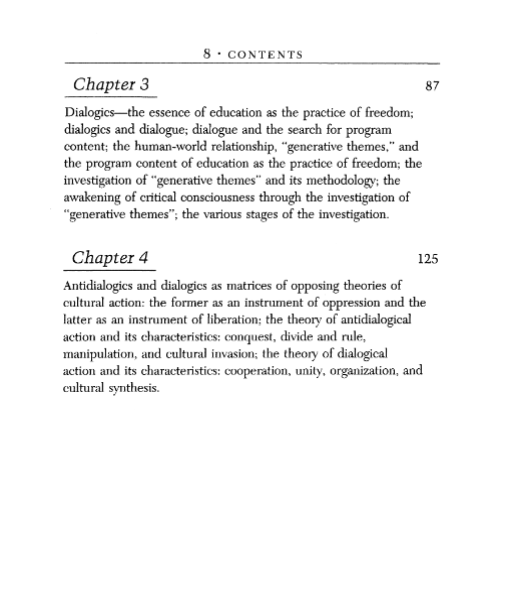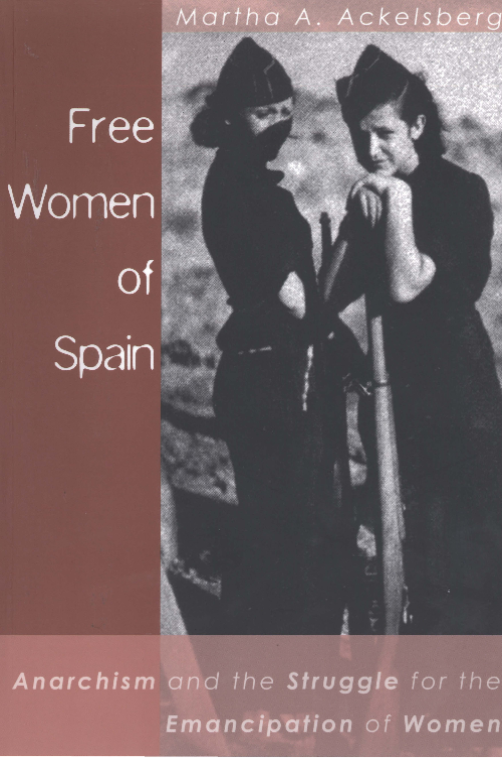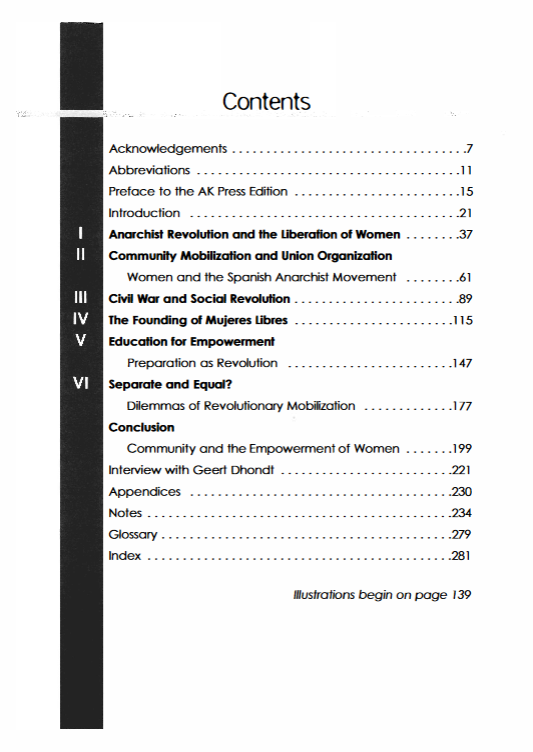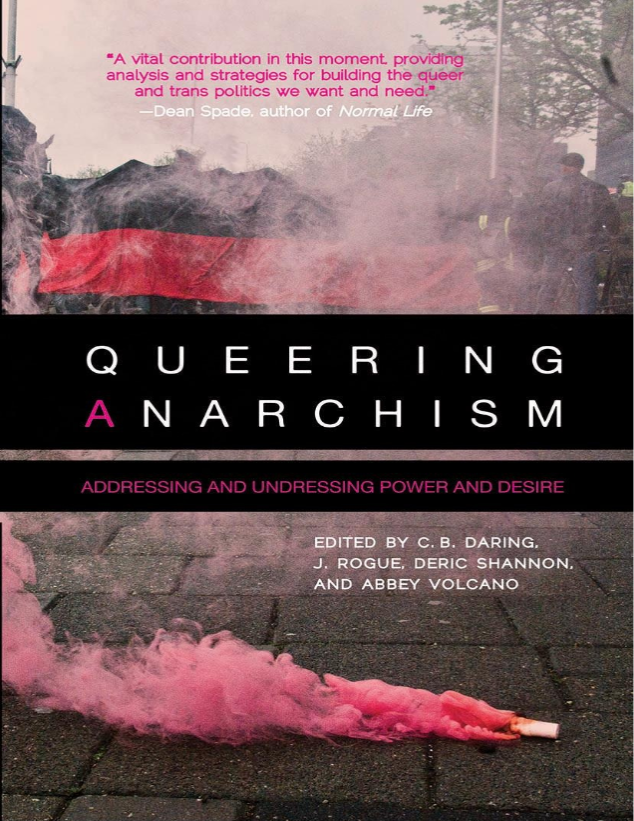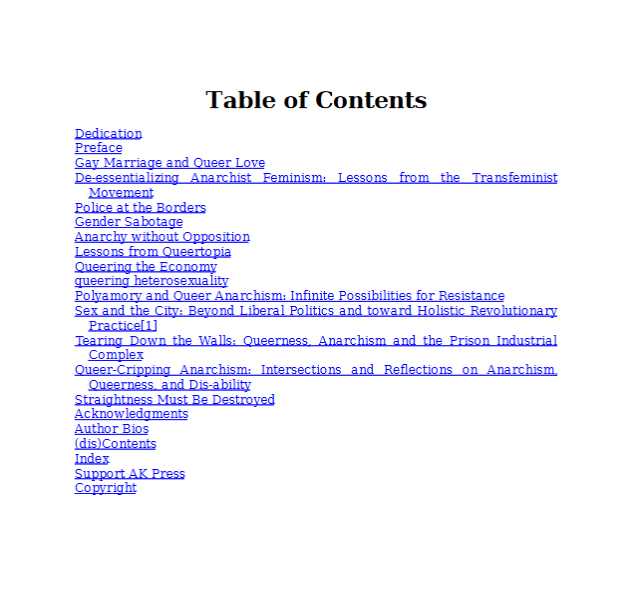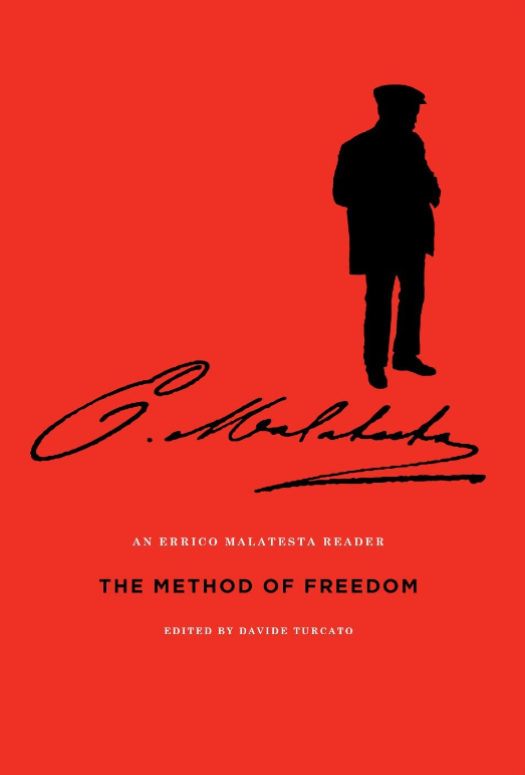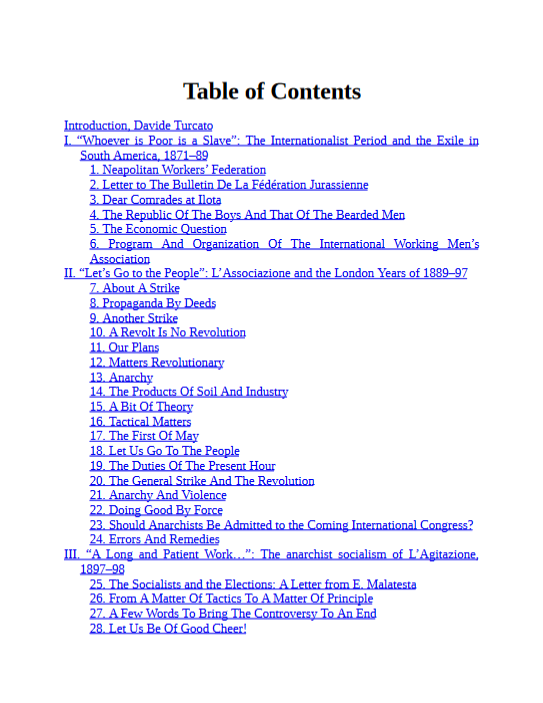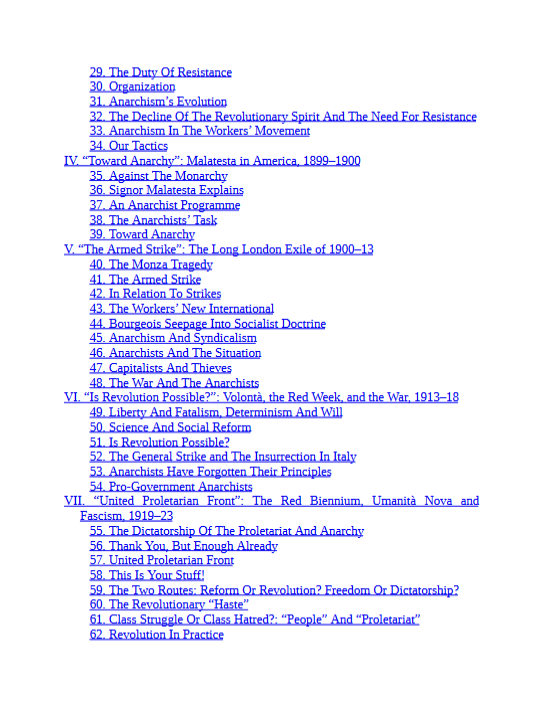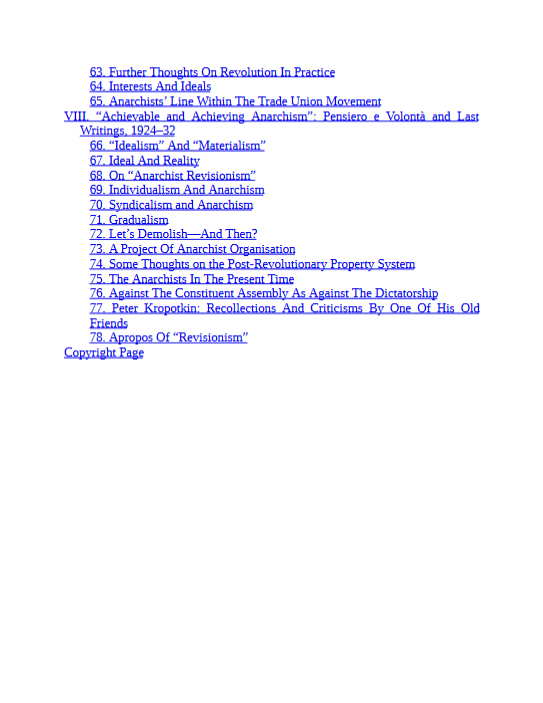Author(s)
Dark Star Collective (editors)
Contents
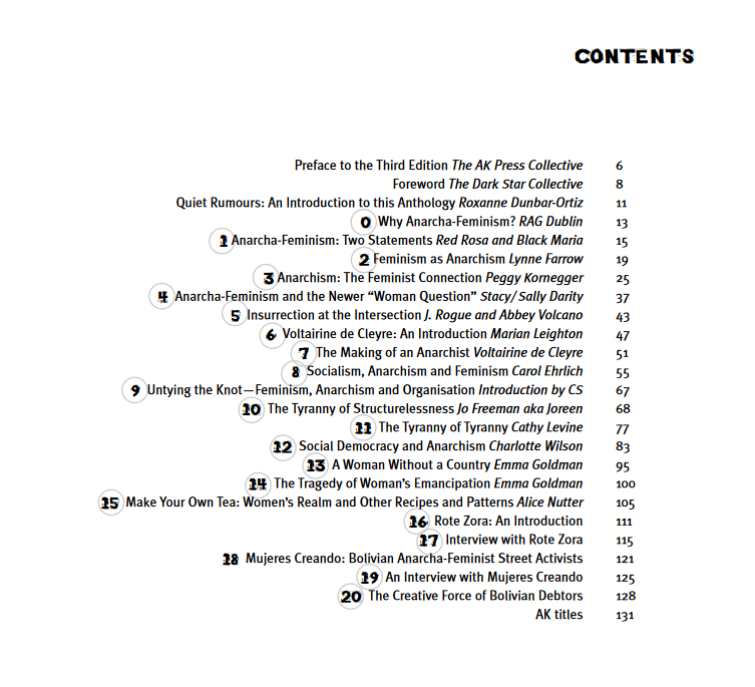
“The current women’s movement and a radical feminist analysis of society have contributed much to libertarian thought. In fact, it is my contention that feminists have been unconscious anarchists in both theory and practice for years. We now need to become consciously aware of the connections between anarchism and feminism and use that framework for our thoughts and actions.
[…] We believe that a Women’s Revolutionary Movement must not mimic, but destroy, all vestiges of the male-dominated powerstructure, the State itself—with its whole ancient and dismal apparatus of jails, armies, and armed robbery (taxation); with all its murder; with all of its grotesque and repressive legislation and military attempts, internal and external, to interfere with people’s private lives and freely-chosen co-operative ventures.
The world obviously cannot survive many more decades of rule by gangs of armed males calling themselves governments. The situation is insane, ridiculous and even suicidal. Whatever its varying forms of justifications, the armed State is what is threatening all of our lives at present. The State, by its inherent nature, is really incapable of reform.True socialism, peace and plenty for all, can be achieved only by people themselves, not by representatives ready and able to turn guns on all who do not comply with State directives.
As to how we proceed against the pathological State structure, perhaps the best word is to outgrow rather than overthrow. This process entails, among other things, a tremendous thrust of education and communication among all peoples.
The intelligence of womankind has at last been brought to bear on such oppressive male inventions as the church and the legal family; it must now be brought to re-evaluate the ultimate strong-hold of male domination, the State.”
Dark Star Collective ; Red Rosa and Black Maria Black Rose Anarcho-Feminists
Leave a comment below with a valid email adress (it will not be published) to request this book.
